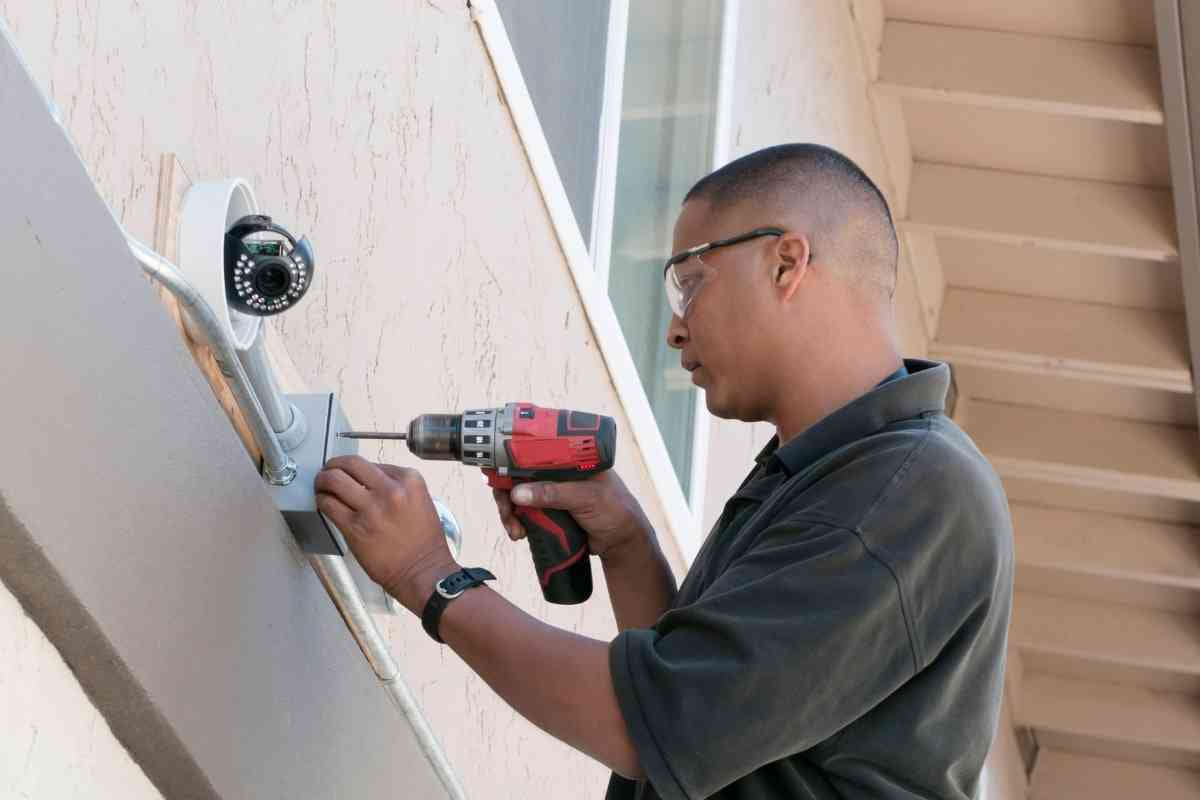A refrigerator is an essential appliance that every rental home should have to keep food fresh and make the living space comfortable. However, appliances can break down, requiring repairs or replacement. As a tenant, you may wonder how long your landlord has to fix or replace your refrigerator before it becomes an issue.
In this article, we will explore your rights as a tenant when your refrigerator stops working and provide guidance on the reasonable timeframe for repairs based on landlord-tenant laws and regulations.
What is the landlord's responsibility to provide a working refrigerator?
As the property owner, landlords are generally responsible under the implied warranty of habitability to ensure rental homes are fit for residents to live in. This includes supplying functional appliances such as a refrigerator.
If your fridge stops working, your landlord is obligated to address the issue promptly so you can continue to safely store and prepare food. Without a working refrigerator, the rental could be considered uninhabitable.
Does the lease specify refrigerator repair timelines?

Tenants should first check their lease agreement to see if it outlines any specific policies about appliance repairs. Some leases may stipulate landlords must fix or replace essential items like a refrigerator within a certain number of days.
Reviewing your contract can help determine if the landlord is meeting their obligations based on what you both agreed to in writing. If timelines are not listed, broader landlord-tenant laws will provide guidelines.
Related: Do Apartments Come With Fridges?
What if refrigerator parts must be ordered?
Landlords are given more time to complete repairs if a new part is required to fix the refrigerator but is temporarily unavailable. In these cases, making the order and awaiting delivery of the component may extend the reasonable timeframe by a few extra days.
However, landlords are still responsible for keeping tenants informed of delays and providing updates on the repair status and estimated completion date.
Can the landlord provide temporary food storage?
While not legally obligated, some landlords may offer temporary solutions for food storage until a new or fixed refrigerator can be installed. This could include permitting use of a small cooler, reimbursing costs for dry food purchases, or discounting rent.
Tenants can ask the landlord about these options but should not expect them unless stated in the lease agreement.
When should a tenant contact a housing authority?
If after approximately one week the landlord has not repaired or replaced the broken refrigerator or communicated an acceptable plan, tenants can file a complaint with their local housing or property standards department.
This agency will investigate and determine if the rental unit remains habitable without the appliance or if the landlord needs to expedite repairs.
What steps can tenants take for prolonged repairs?
If the issue extends beyond two weeks with minimal landlord communication, tenants have additional courses of action. They can hire a repair technician and deduct costs from rent, repair it themselves and deduct materials, withhold a portion of rent in an escrow account until resolved, or break their lease without penalties due to the unfit living conditions.
Tenants should consult a housing attorney for guidance on the best legal approach.
How do tenants prove the refrigerator is non-functional?
To build a strong case if repairs drag on or if issues arise later, tenants should document when the refrigerator stopped working, attempts to contact the landlord, and any responses or lack of responses.
Photos of the broken appliance and empty food shelves can serve as evidence. Keeping records of the dates and details of any housing authority complaints or temporary solutions used is also advisable.
What is considered a reasonable timeframe overall?
In most cases, landlords have up to one week to begin addressing a broken refrigerator through repair scheduling, part orders, or appliance replacement coordination. Most issues should be fully resolved within two weeks. If the situation is more complex requiring special services, landlords are responsible for keeping tenants reasonably informed about delays.
Overall, one month would be the longest time period considered reasonable before tenant remedies take effect.
Conclusion
A functioning refrigerator is an essential part of a livable rental home. Landlords must provide repairs or replacement in a prompt and accountable manner, adhering to both implied and stated obligations. Tenants have rights if this does not occur and should exhaust communication attempts before pursuing escalated solutions.
Documenting all details of the nonfunctional refrigerator ensures a tenant's case is supported if the situation prolongs or leads to further disputes. With partnership between landlords and tenants, refrigerator issues can typically be solved smoothly within a couple of weeks.





